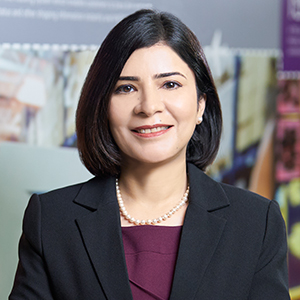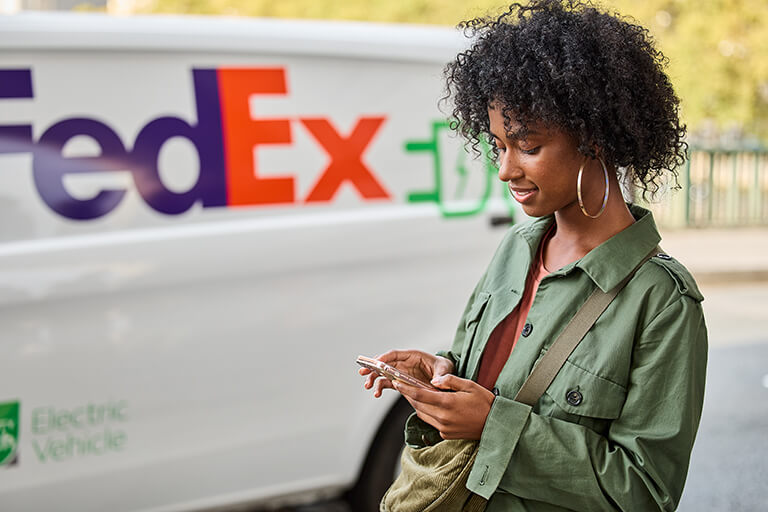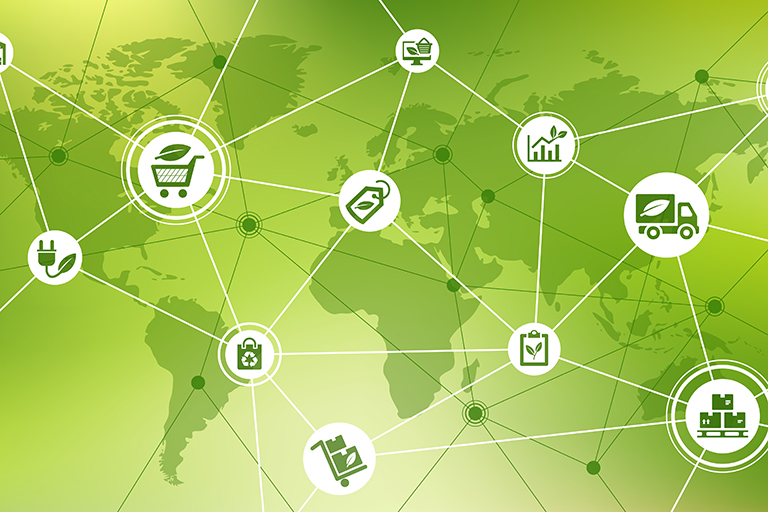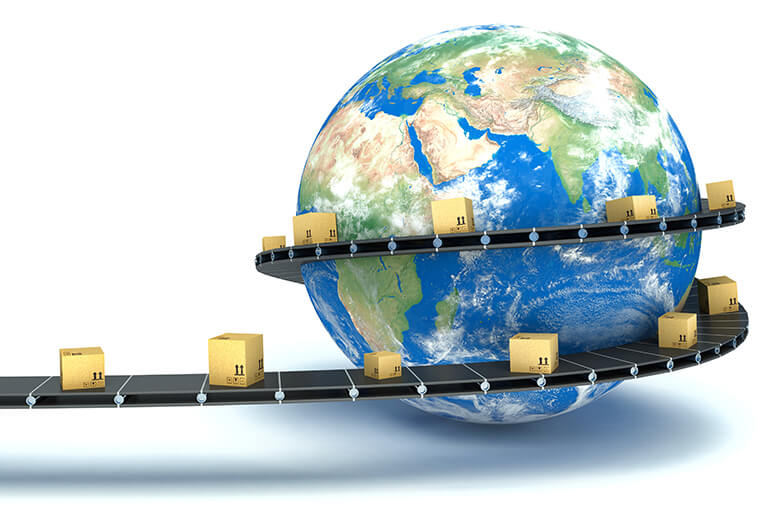3 Reasons Why Sustainability Is Key To Growth
Staying the course on sustainability is a strategic priority for future growth and profitability in 2024. Find out how investing in sustainability targets and initiatives can help your business grow.
As our region continues to face ongoing economic uncertainty, many businesses might be tempted to question their commitment to sustainability goals.
But now is not the time to step back. Sustainability is not just a strategic priority and a top 10 business priority for CEOs, it’s a baseline expectation of all businesses. Yet despite Asia continuing to account for the bulk of global growth in 2024 and 2025, as it has in 2023, multiple global crises threaten to derail progress on achieving sustainable goals.
As business leaders advancing cross-border trade across the region, we have both an obligation and an opportunity to prioritize sustainability throughout supply chains.
Why? Because the benefits are broader and more far-reaching than simple progress alone. Sustainability doesn’t just attract investors, customers or employees. The action we take is critical to how we as business leaders grow revenue, optimize cost efficiency, and increase profits.
So what are the key considerations to spur growth and gain traction on sustainability this year and beyond?
But now is not the time to step back. Sustainability is not just a strategic priority and a top 10 business priority for CEOs, it’s a baseline expectation of all businesses. Yet despite Asia continuing to account for the bulk of global growth in 2024 and 2025, as it has in 2023, multiple global crises threaten to derail progress on achieving sustainable goals.
As business leaders advancing cross-border trade across the region, we have both an obligation and an opportunity to prioritize sustainability throughout supply chains.
Why? Because the benefits are broader and more far-reaching than simple progress alone. Sustainability doesn’t just attract investors, customers or employees. The action we take is critical to how we as business leaders grow revenue, optimize cost efficiency, and increase profits.
So what are the key considerations to spur growth and gain traction on sustainability this year and beyond?

1. To solve for sustainability, we must leverage data and digital in the smartest way possible - for all businesses across the ecosystem.
As more online shoppers demand carbon neutral delivery, it’s our responsibility to reduce emissions in our supply chains and help customers do the same. Increasingly, businesses aren’t solely tasked with reporting on their own emissions – they must also account for scope 3 emissions of customers and suppliers.
We think very strategically about this. Our FedEx network isn’t just a physical network; it’s a tremendous source of data on different geographies, the market; about our customers, our carbon footprint and theirs. This is what we call ‘green’ intelligence. It not only highlights where we are today in terms of progress, but where we can reduce emissions further.
For instance, FedEx® Sustainability Insights is a platform that allows customers to calculate the estimated carbon footprint of their shipments, giving them the visibility and control they need to expand their business in a sustainable way.
By unlocking such insights, we make supply chains smarter for everyone. We create a flywheel effect that doesn’t just help our company become more sustainable, it helps customers automate, simplify and digitize to become more sustainable too. That in turn attracts even more business, revenue and profits right along the value chain in APAC economies.

2. We must not allow challenges in business conditions to deter us from urgently pursuing innovation to reach net-zero.
Most consumers today expect companies they buy from to pursue sustainable business models. That means firms with sound ESG strategies have the advantage in attracting new business, especially in times of slow demand.
Take the recent public pressure on the fashion industry to reduce its huge environmental impact of wasteful ‘fast fashion’ and excessive plastic use. The fashion brands that have responded with more sustainable practices, such as using recycled textiles, are gaining customers across all demographics and age groups.
Action on climate has clear economic benefits. For instance, Asia Society Policy Institute research forecasts that reaching net-zero emissions by 2050 could boost the Asia-Pacific’s GDP by more than 6% above predicted levels, creating as many as 36.5 million additional jobs by the 2030s.
But reaching emissions reduction targets isn’t going to be easy, particularly in hard-to-abate sectors where lower-emissions technologies aren’t available— at market scale or at all. Aviation, for instance is one of the most challenging sectors to fully decarbonize.
We aim to have 30% of FedEx jet fuel from alternative sources by 2030, an important goal for both the environment and in the context of new business. Sustainable growth will also flow from more efficient use of multi-modal transportation – with an optimal mix of air, sea, and ground delivery.
We are working with a global medical device company to reduce their carbon footprint by transitioning to other transport modes such as our ocean and ground networks, thus reducing their costs and CO2 emissions.
Using our tech capabilities to provide more certainty on cross-border clearance, we’ve helped the company achieve similar lead times as air, but with lower jet fuel burn. The bottom line? Sustainable cost-effective shipping is achievable, even when economic conditions aren’t ideal.

3. Finally, collaboration at scale is essential to meaningful progress on sustainability commitments.
Not every company has the capital and resources to take the big steps on sustainability. Nor can we achieve real progress unless we discard old company rivalries and attitudes of ‘compete at all costs’.
We must approach sustainability differently – after all, the future of the planet is at stake. It’s not about competition. It’s about being bold and looking outside our own organization, spreading the cost-risk burden of innovation, and looking through a multi-focal lens of collaboration and new partnerships.
For instance, FedEx committed $100 million to help establish the Yale Center for Natural Carbon Capture, where researchers are finding new and scalable solutions to remove excess atmospheric CO2 and reduce other greenhouse gases. Their findings could one day lead to the reduction of gigatons of CO2 per year. Collaboration with non-profits, academia, policymakers, and other businesses are vital to driving carbon capture innovation.
At the same time, whether researching innovative carbon capture or scaling up the use of sustainable aviation fuel, we need a more harmonized approach and policy support from industry and governments and regulators.
For our part, FedEx has set an ambitious global goal to achieve carbon-neutral operations by 2040, but we can’t do it alone. Delivering a sustainable future is everyone’s responsibility, and it will take working together on all fronts.
It will take much more than a village to raise this net-zero child of sustainability.
***




















 The Latest
The Latest